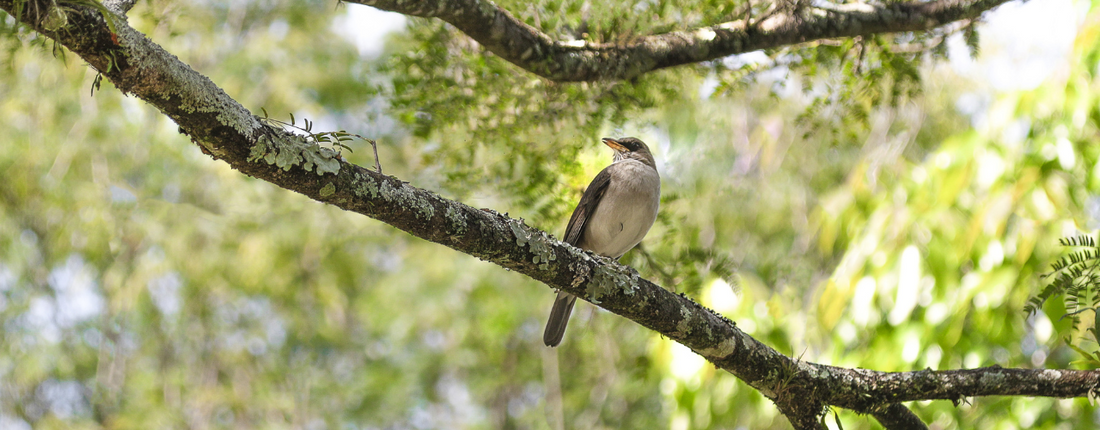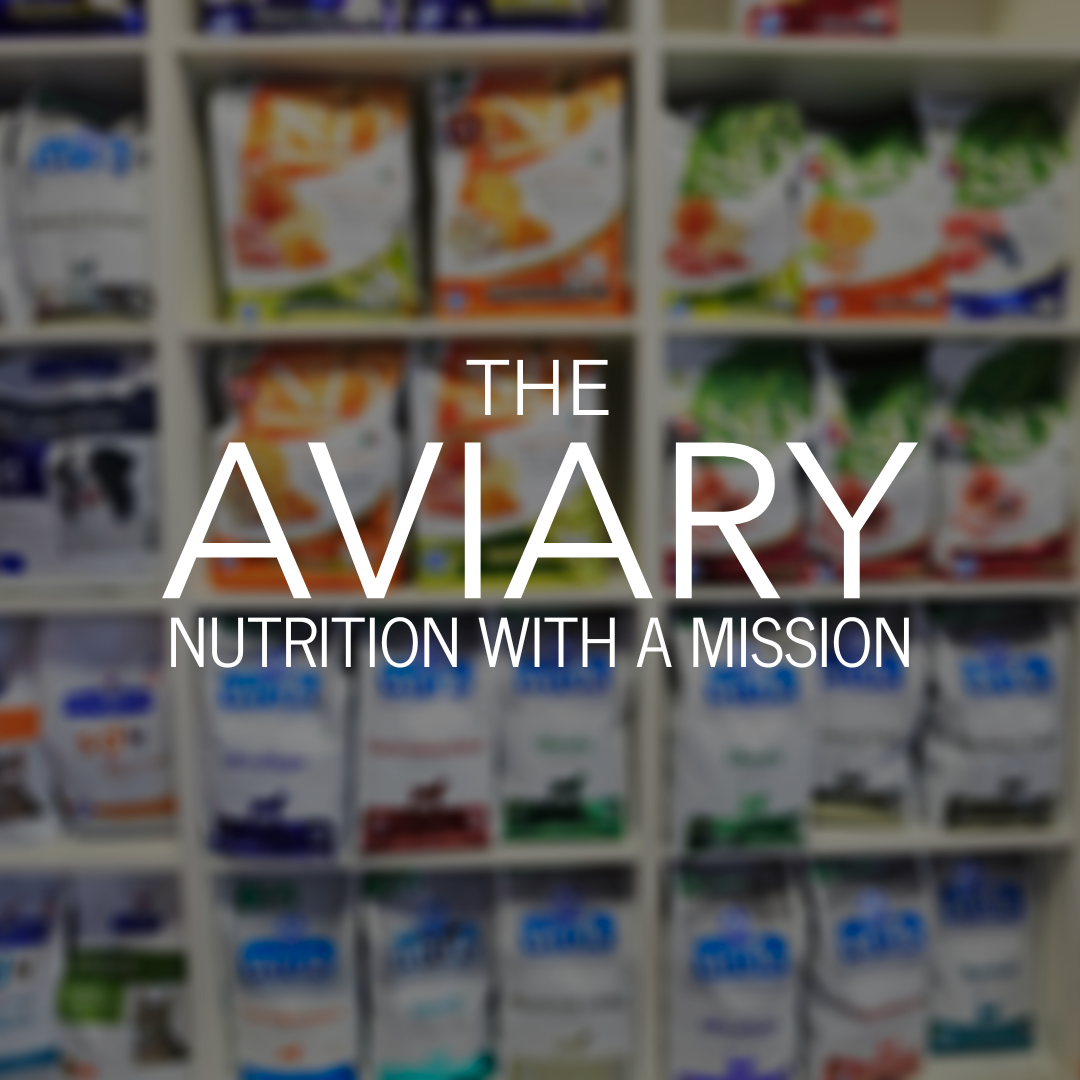
Safe Woods for Parrots: wood for perches, enrichment & toys
If you’re a parrot parent, you know how important it is to offer safe, enriching materials for your birds to perch, chew, and play with. Natural wood branches and toys provide critical physical and mental stimulation, but only if the wood is safe.
Below is a carefully researched list of safe woods suitable for parrots. These are ideal for natural perches, chew toys, and DIY play setups. Always make sure the wood is untreated, pesticide-free, and properly cleaned or dried before offering it to your bird.
✅ Safe Woods for Parrots
Acacia – Durable and dense, great for strong beaks and long-lasting toys.
Apple – A bird favourite for chewing. Always ensure it’s pesticide-free and thoroughly cleaned.
Ash – A hardwood that's smooth and strong. Excellent for perches.
Bamboo – Technically a grass, but safe and fun for shredding or using as hollow foraging tubes.
Basswood (Linden) – Soft and lightweight, perfect for small birds or beginner chewers.
Birch – Soft to medium density. Best used with bark removed, as it can contain natural compounds that may irritate sensitive birds.
Cottonwood – Soft and lightweight. Good for gentle chewers.
Dogwood – Naturally smooth and sturdy. Makes excellent natural perches.
Elm – A strong hardwood with a nice texture. Great for chew toys.
Eucalyptus – Safe when thoroughly dried or aged. Avoid fresh eucalyptus due to potentially strong aromatic oils.
Fig (Ficus) – Safe and soft with interesting textures for chewing.
Grapevine – Twisted and textured. Often used for natural climbing branches and foraging.
Guava – Dense and naturally pest-resistant. A favourite in some tropical regions.
Hazel – Straight, strong branches that make good perches or toy parts.
Hawthorn – Naturally thorny when fresh, but once cleaned and trimmed, the branches are safe and excellent for foraging.
Lilac – Soft and aromatic. An enriching wood with a calming scent.
Magnolia – Smooth-barked and strong. Petals are also safe and fun for enrichment.
Manzanita – Extremely hard and long-lasting. Excellent for perches and toys for larger birds.
Maple – Clean and dense. Very safe when untreated.
Mulberry – Chewable and highly textured. Great for foraging behaviour.
Pear – A strong and smooth hardwood, safe and durable.
Pine – Only safe when kiln-dried and untreated. Avoid raw pine that may still be sticky with sap.
Poplar – A softwood with a mild texture, suitable for birds who enjoy lighter chewing.
Sycamore – A safe hardwood often used for natural perches and climbing.
Walnut (branches only) – Safe in small quantities when completely dried. Avoid nuts or bark from black walnut due to juglone content.
Willow – Soft, peelable bark that parrots love to shred. Especially good for enrichment.
⚠️ Important Reminders
🦜 Avoid all treated, painted, or pressure-treated wood.
🦜 Remove sharp thorns, fungus, or moss from collected branches.
🦜 Bake wood at 120°C (250°F) for an hour or allow to dry thoroughly for several weeks before use.
🦜 Sand any rough edges and inspect regularly for splinters or rot.
💡 Bonus Tips
🦜 Vary the diameters of perches to promote foot health.
🦜 Provide both soft and hard woods to keep beaks trimmed naturally.
🦜 Rotate natural wood toys and branches regularly to keep your bird stimulated.
Natural wood is one of the best, most enriching materials you can offer your parrot, just make sure it's the right kind. With these safe options, your bird will enjoy climbing, chewing, and foraging just as nature intended.
Source: United Parrot Kingdom
